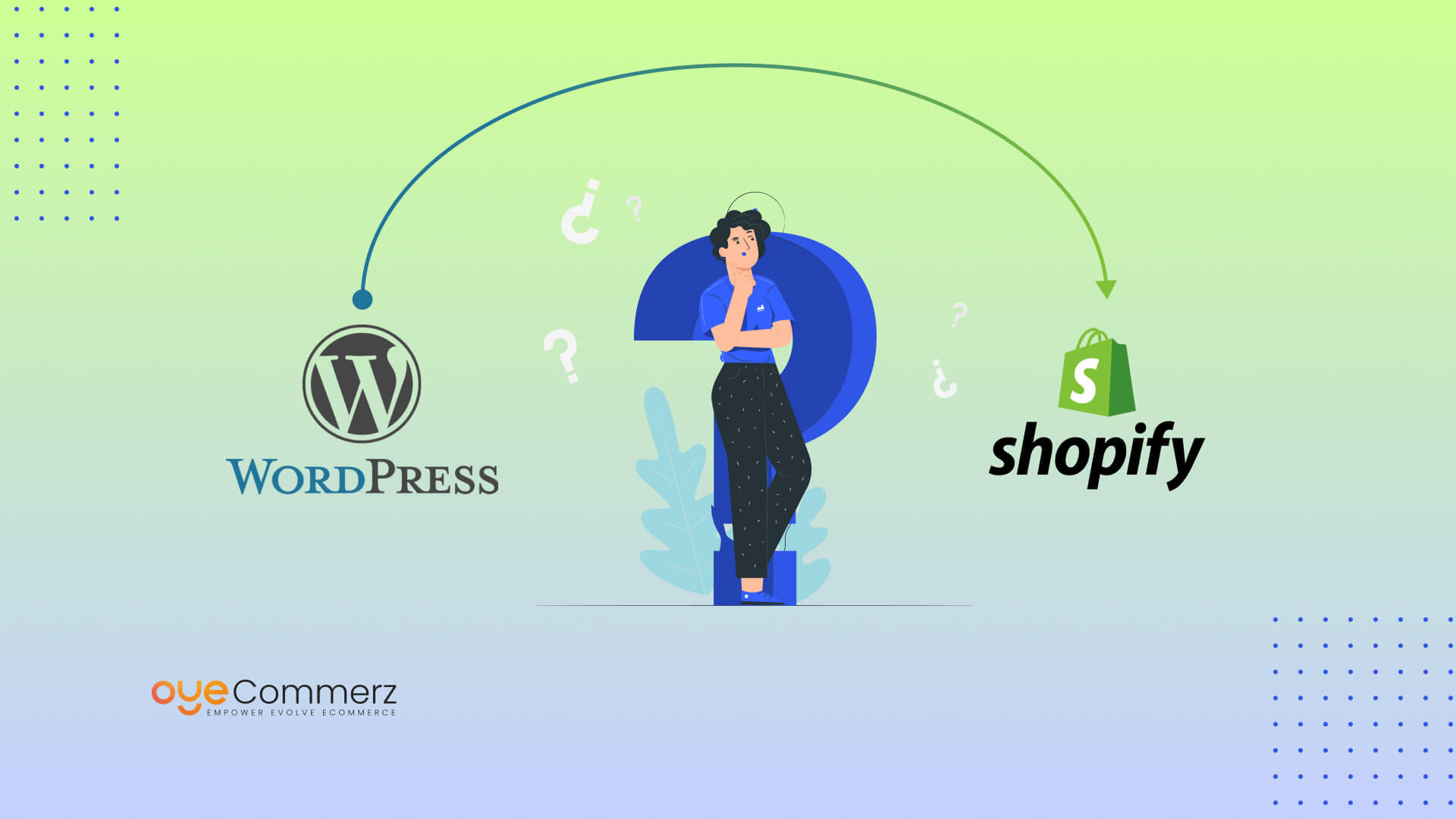In the dynamic landscape of eCommerce, choosing the best system is essential for your brand’s prosperity. If you’re at the moment using WordPress and thinking about a migration to an alternative, you’re not by yourself. Numerous businesses are shifting to take advantage of Shopify’s powerful features, ease of use, and expandability. This guide will take you through the steps of migrating from WordPress to Shopify seamlessly, ensuring that you achieve your online retail potential.
Why Switch from WP to this platform?
Prior to starting the migration procedure, it’s essential to know why this shift can be advantageous for your digital storefront:
User-Friendly Interface: Shopify features an intuitive interface that simplifies store handling, enabling for non-technical users.
Growth Potential: As your business grows, Shopify can support increased traffic and sales without affecting speed.
Built-in Tools: Shopify includes built-in tools for search engine optimization, analytics, payment processing, and much more, eliminating the necessity for several plugins.
Enhanced Security: With Shopify, you benefit from strong security measures that protect confidential customer data.
Steps for a Seamless Migration
Migrating your eCommerce site from WP to Shopify involves several phases.
Here’s steps to achieve a hassle-free transition:
Plan Your Migration Plan
Begin by mapping out your migration blueprint. Pinpoint which components of your current site you wish to transfer, such as:
Item details
User details
Purchase logs
Posts
Choose the Appropriate Migration Package
Based on your requirements, opt for a migration package that fits your eCommerce goals. OyeCommerz provides several options:
Basic Migration Package: Ideal for small stores with limited products.
Standard Migration Package: Recommended for growing businesses with moderate requirements.
Premium Migration Package: Best for larger stores demanding custom customization.
Secure Your Information
Prior to initiating the migration, ensure that you have a comprehensive archive of plan your Shopify migration your WordPress site. This step is crucial in situations where anything goes off track during the migration.
Retrieve Your Data from WP
Leverage tools or custom scripts to export critical content from your WordPress site:
Inventory
Clients
Transactions
Content pieces
Import Data into Shopify
When you have your information extracted, use Shopify’s import tools or specialized apps to migrate your data into your updated store. Verify that all data is accurately structured and aligned.
Adapt Your Shopify Platform
Following importing content, tailor your Shopify site’s layout to reflect with your business goals. Consider working with a designer if you need advanced customization.
Establish TransactionOptions and Logistics
Arrange transaction methods and shipping settings in Shopify to create a smooth checkout experience for customers.
Apply SEO Guidelines
To maintain your online visibility during the transition:
Implement 301 redirects from previous URLs to new ones.
Refresh meta tags.
Adjust images and text for better ranking.
Test Your Migrated Shop
Ahead of launching, extensively test your Shopify site. Look out for any broken links, checkout failures, or missing data.
Publish Your Platform
When everything is in ready, it’s time to go live! Inform the transition to your clients and invite them to explore the updated offerings of your Shopify store.
Post-Migration Support
Post releasing your new store, continued assistance is essential. Consider working with professionals who can help seamless WordPress to Shopify transition with:
Site maintenance
Marketing strategies
Enhancing features
Conclusion
Migrating from WordPress to Shopify can be a crucial decision for your eCommerce. By using this guide and utilizing tools like those offered by OyeCommerz, you can achieve a seamless transition that improves your online presence. Embrace the shift and realize the advantages of Shopify today!
